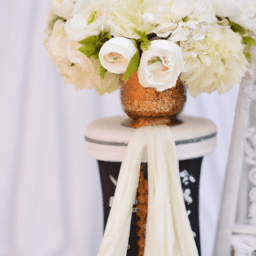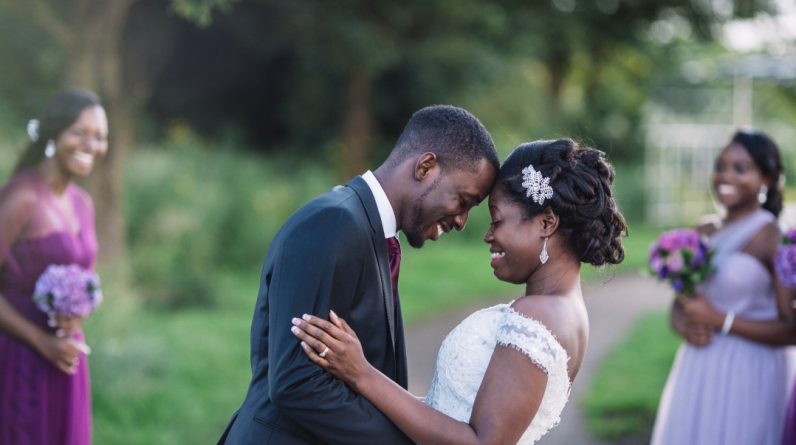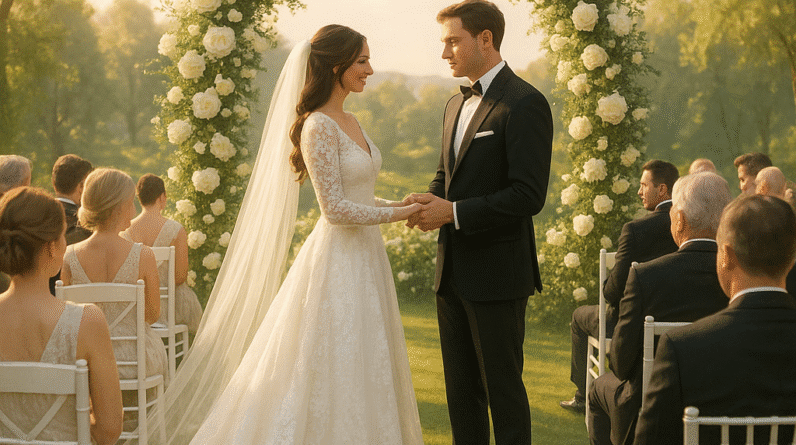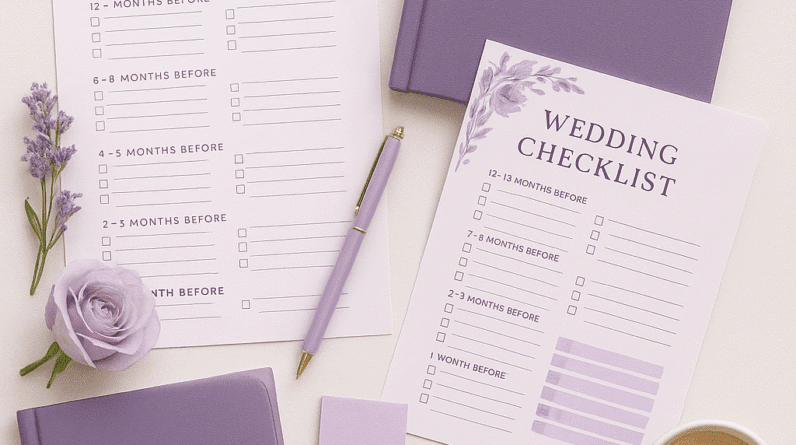
Can We Plan A Successful Wedding Without A Wedding Planner?
Can We Plan A Successful Wedding Without A Wedding Planner? Weddings are among the most cherished milestones in life, but let’s be honest—planning one is no small task. Between budgeting, guest lists, venue hunting, and vendor coordination, the process can quickly become overwhelming. Traditionally, couples hire a wedding planner to handle the logistics and ensure everything runs smoothly. But the big question is: Can we plan a successful wedding without a wedding planner?
The short answer is yes. With the right tools, mindset, and support system, many couples plan their weddings successfully on their own. However, it does come with challenges that require careful consideration. In this guide, we’ll explore whether skipping a planner is the right choice for you, along with practical steps, resources, and expert tips to make it work.
The Role of a Wedding Planner
Responsibilities of a Professional Planner
Wedding planners are like project managers for your big day. Their responsibilities include:
-
Budgeting and vendor negotiations.
-
Coordinating timelines and schedules.
-
Ensuring decor, catering, music, and photography align with your vision.
-
Handling last-minute problems discreetly.
Benefits They Bring to a Wedding
Planners provide peace of mind. They use their expertise to avoid mistakes, connect you with reliable vendors, and ensure you can enjoy the celebration stress-free.
Why Couples Consider Skipping a Wedding Planner

Budget Concerns and Cost-Saving
Hiring a professional planner can cost anywhere between $2,000–$10,000 (sometimes more, depending on location and services). Many couples prefer to allocate this money toward other priorities like photography or the honeymoon.
Desire for Full Creative Control
Some couples want every detail to reflect their personalities. Without a planner, they can make choices without compromise.
Family and Friends as Support System
For smaller weddings, couples often rely on family members to help with tasks like decor setup, catering coordination, and photography.
Can You Plan a Wedding Without a Planner?
To succeed without a planner, you’ll need:
-
Organizational skills for managing multiple tasks.
-
Communication skills to negotiate with vendors.
-
Problem-solving skills to handle inevitable hiccups.
Time Commitment Required
Expect to spend 200–300 hours planning a wedding. That’s like taking on a part-time job for several months.
Decision-Making and Stress Management
Be prepared for tough calls—like trimming your guest list or balancing your dream venue with budget limits. Stress is natural, but resilience is key.
Step-by-Step Guide to Planning Your Own Wedding
1. Setting a Realistic Budget
Your budget is the foundation. Allocate percentages:
-
Venue & Catering: 40%
-
Photography & Videography: 15%
-
Attire & Beauty: 10%
-
Decor & Flowers: 10%
-
Music & Entertainment: 10%
-
Miscellaneous (invitations, favors, transport): 15%
2. Choosing a Venue
Venues book up fast. Visit multiple sites, ask about inclusions (tables, chairs, staff), and confirm backup options for weather.
3. Selecting Vendors
Research and compare at least 3 options per category (caterers, DJs, florists). Read reviews and ask for sample work.
4. Designing Invitations & Guest List Management
Use online tools to track RSVPs and dietary preferences. Always invite 10% more than your target since some won’t attend.
5. Managing Decor and Theme
DIY decor is cost-effective but time-consuming. Consider rental companies for hassle-free setup.
6. Organizing the Timeline and Schedule
Draft a wedding-day itinerary covering hair/makeup, photography, ceremony, and reception. Share it with vendors and your bridal party.
7. Handling Last-Minute Emergencies
Pack a “wedding emergency kit” with safety pins, extra makeup, band-aids, and snacks. Assign someone (maid of honor or best man) to troubleshoot.

Tools and Resources for DIY Wedding Planning
Wedding Planning Apps
Apps like Zola, WeddingWire, and The Knot simplify guest management, vendor research, and checklists.
Budgeting Tools and Spreadsheets
Google Sheets or Excel templates are excellent for tracking expenses.
Online Communities and Forums
Join Facebook groups or Reddit communities where brides and grooms share advice and vendor recommendations.
Pros and Cons of DIY Wedding Planning
Advantages
-
Saves thousands of dollars.
-
Allows total creative freedom.
-
Adds a deeply personal touch.
Disadvantages
-
High stress and decision fatigue.
-
Requires significant time investment.
-
Risk of oversight or mistakes on the big day.
Success Stories: Couples Who Planned Without a Planner
Many couples have successfully executed their weddings without professional help. They often highlight teamwork, early planning, and detailed checklists as their winning formula.
When You Should Consider Hiring a Planner
Large Weddings and Destination Weddings
If you’re hosting 200+ guests or planning abroad, logistics become too complex for most couples to manage alone.
Couples with Limited Time
Busy professionals or those with demanding schedules benefit greatly from outsourcing.
Expert Tips for Stress-Free DIY Wedding Planning
Delegating Responsibilities
Don’t try to do everything yourself. Assign tasks to bridesmaids, groomsmen, or family members.
Staying Organized with Checklists
Break tasks into monthly goals (venue booking, dress shopping, cake tasting).
Hiring a Day-of Coordinator as a Middle Ground
If a full-time planner is out of budget, consider a day-of coordinator. They’ll manage the event while you enjoy stress-free moments.
FAQs: Can We Plan A Successful Wedding Without A Wedding Planner?
Q1: Is it realistic to plan a wedding without a planner?
Yes, with organization, time, and support, many couples do it successfully.
Q2: How much money can I save by skipping a wedding planner?
On average, couples save between $2,000–$10,000.
Q3: What’s the hardest part of DIY wedding planning?
Vendor coordination and managing the timeline are often the most stressful.
Q4: Can I still have a luxury wedding without a planner?
Yes, but it requires careful vendor selection and strong attention to detail.
Q5: Should I use a day-of coordinator instead?
Yes, it’s a great compromise between full DIY and professional help.
Q6: What’s the number one tip for planning without a planner?
Start early and keep everything organized with spreadsheets and checklists.
Conclusion: Is DIY Wedding Planning Right for You?
So, can we plan a successful wedding without a wedding planner? Absolutely! With dedication, organization, and the right resources, couples can create beautiful, memorable weddings without professional help. Still, it’s important to be honest about your time, stress tolerance, and event complexity.
If you love control, have a supportive team, and enjoy planning, going DIY can be rewarding and cost-effective. But if your wedding is large, complex, or you’d rather just relax and soak in the day, hiring a planner might be the best investment.
👉 Either way, remember: a wedding’s true success is measured not by flawless decor or perfect timelines, but by the love and joy it celebrates. 💍❤️







